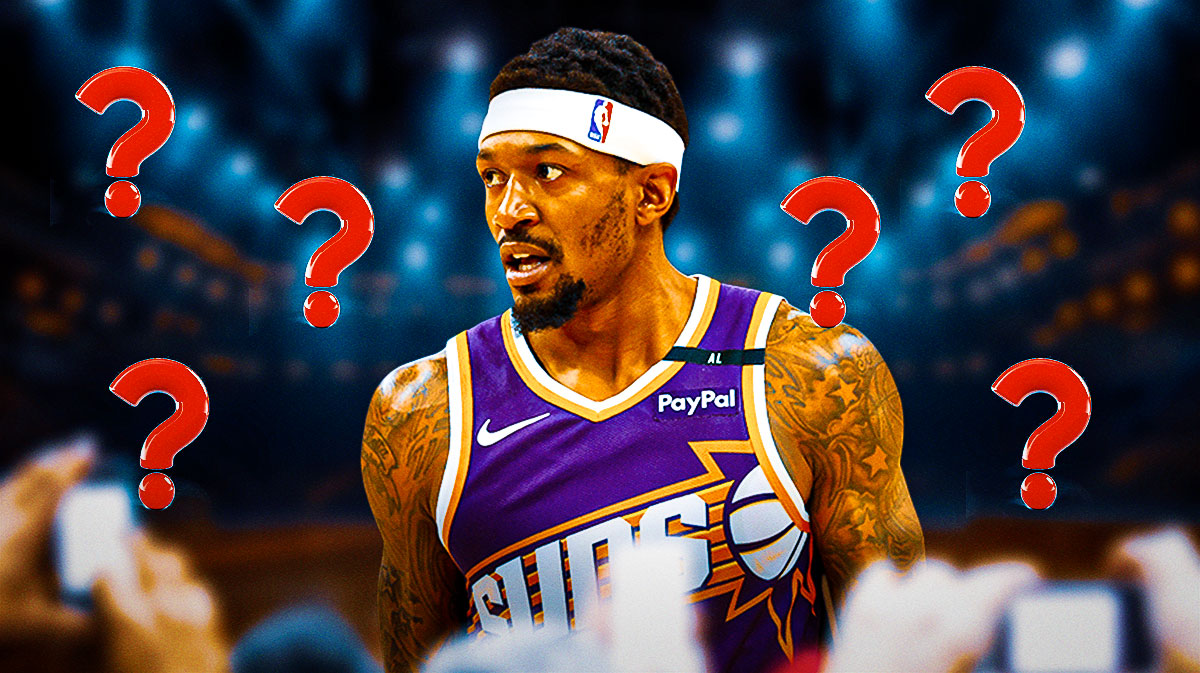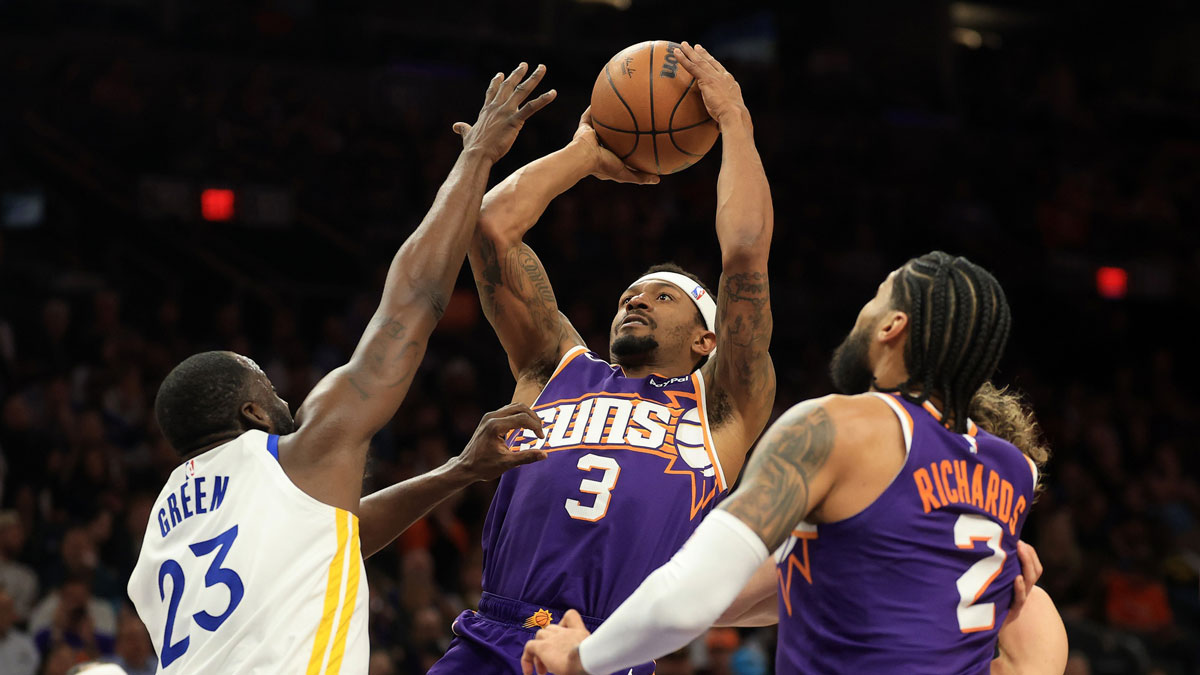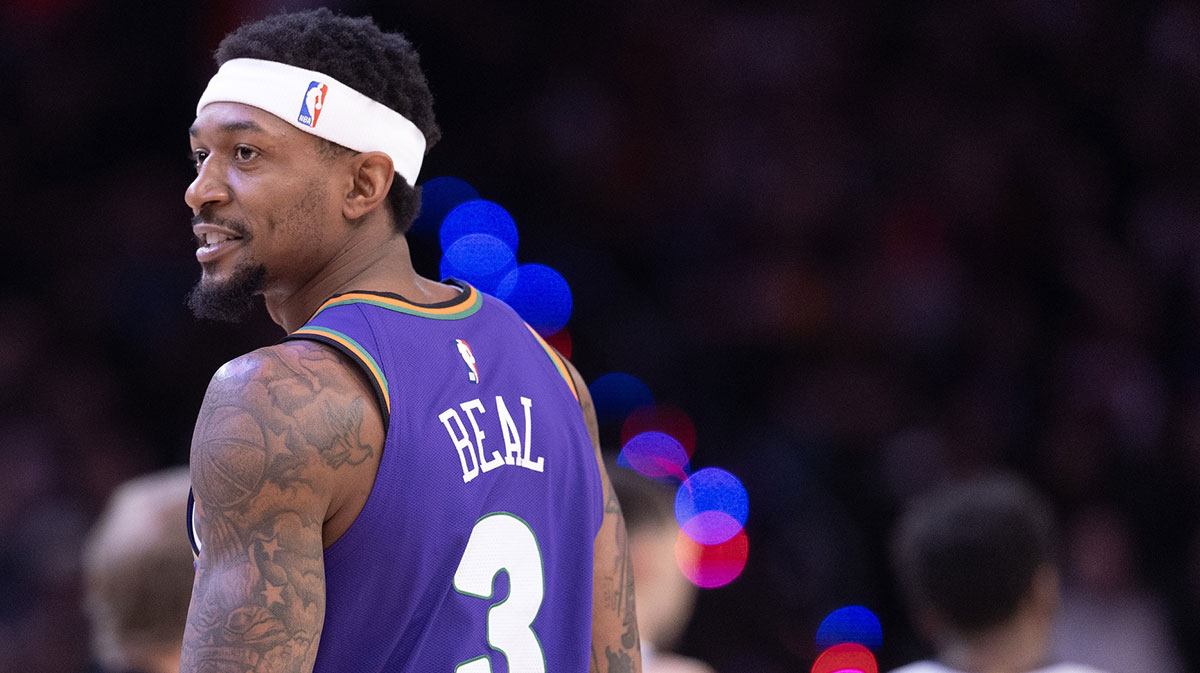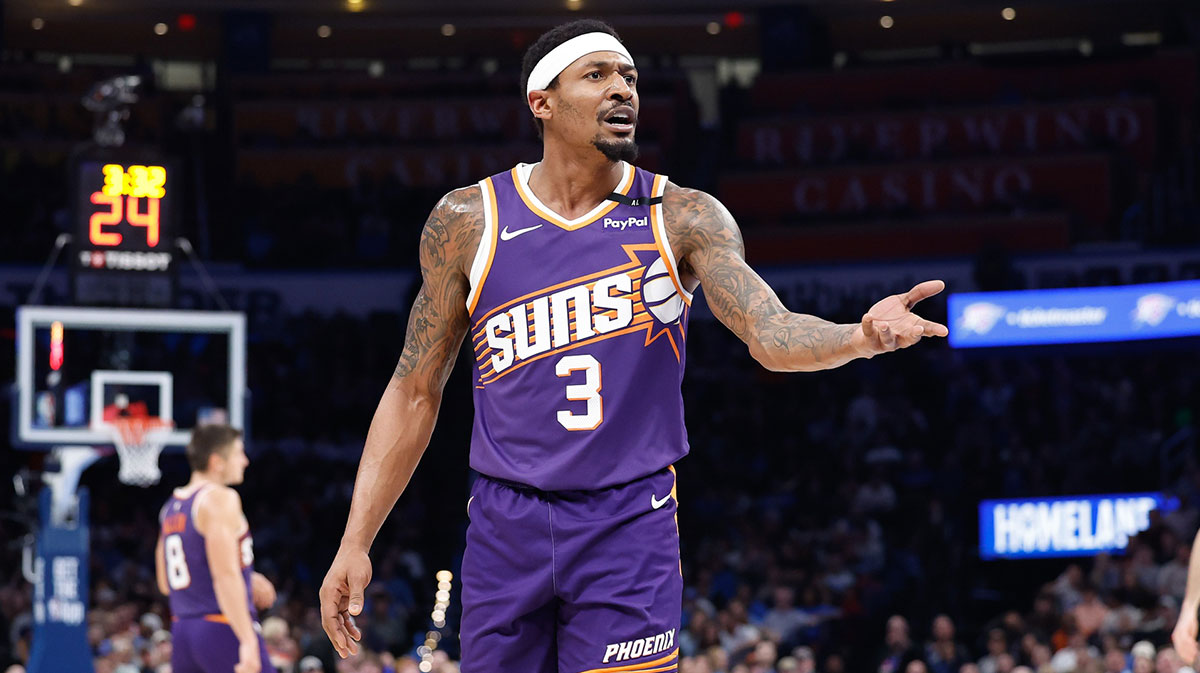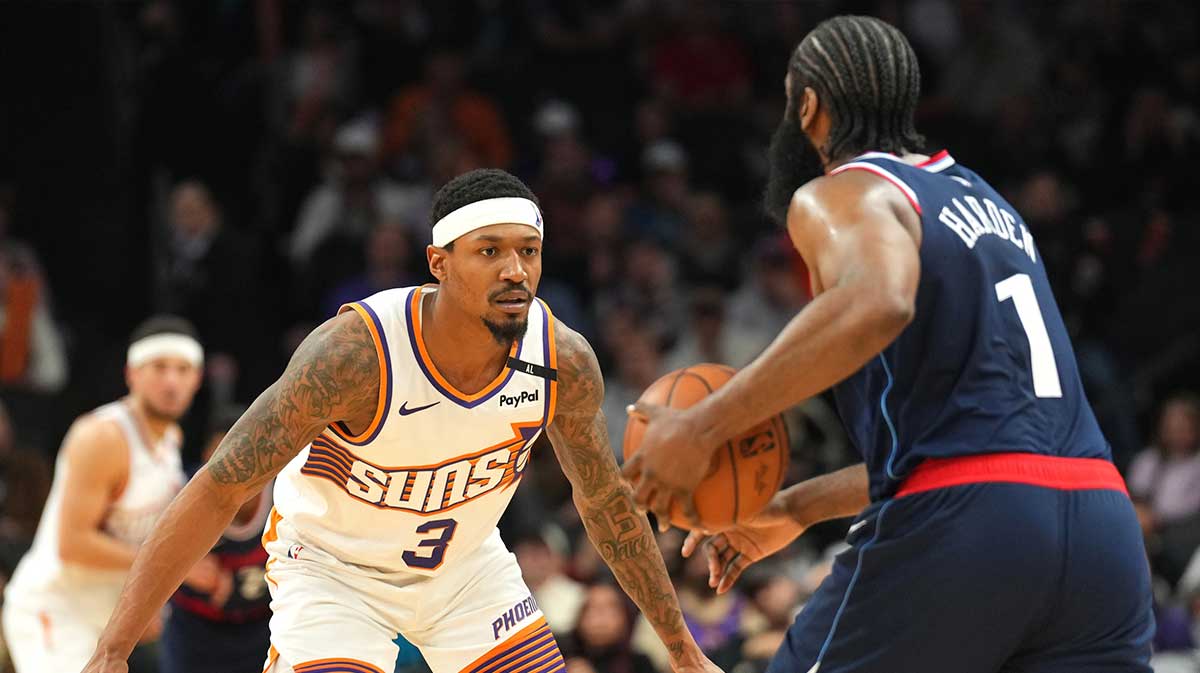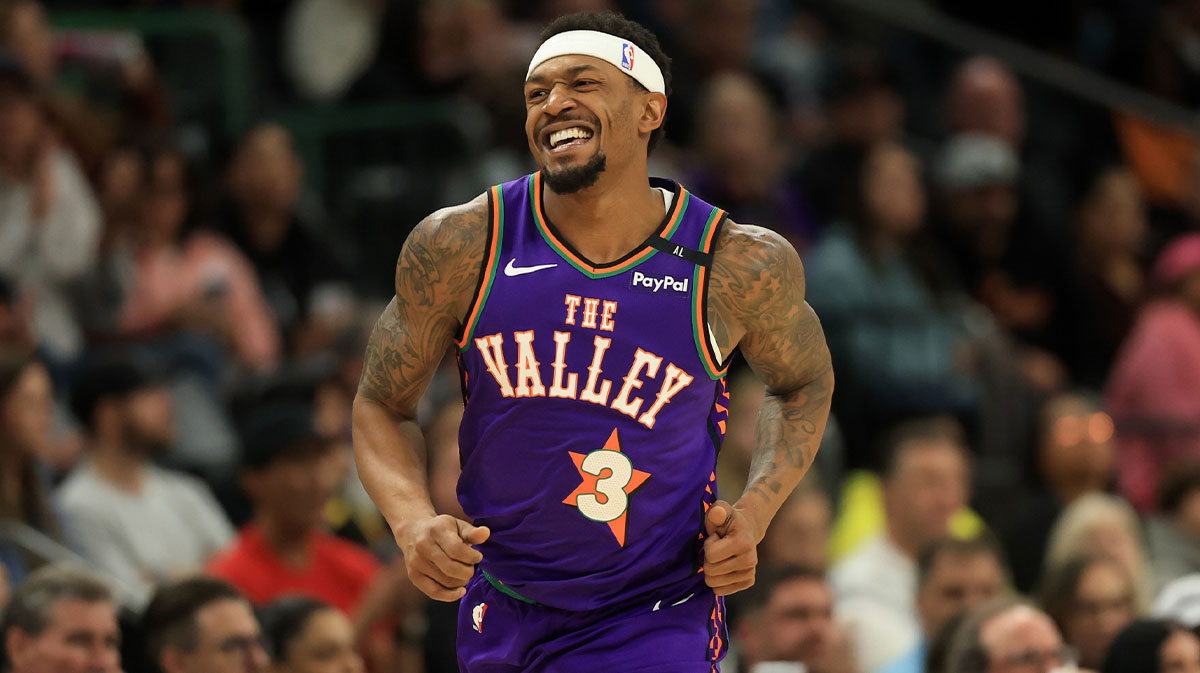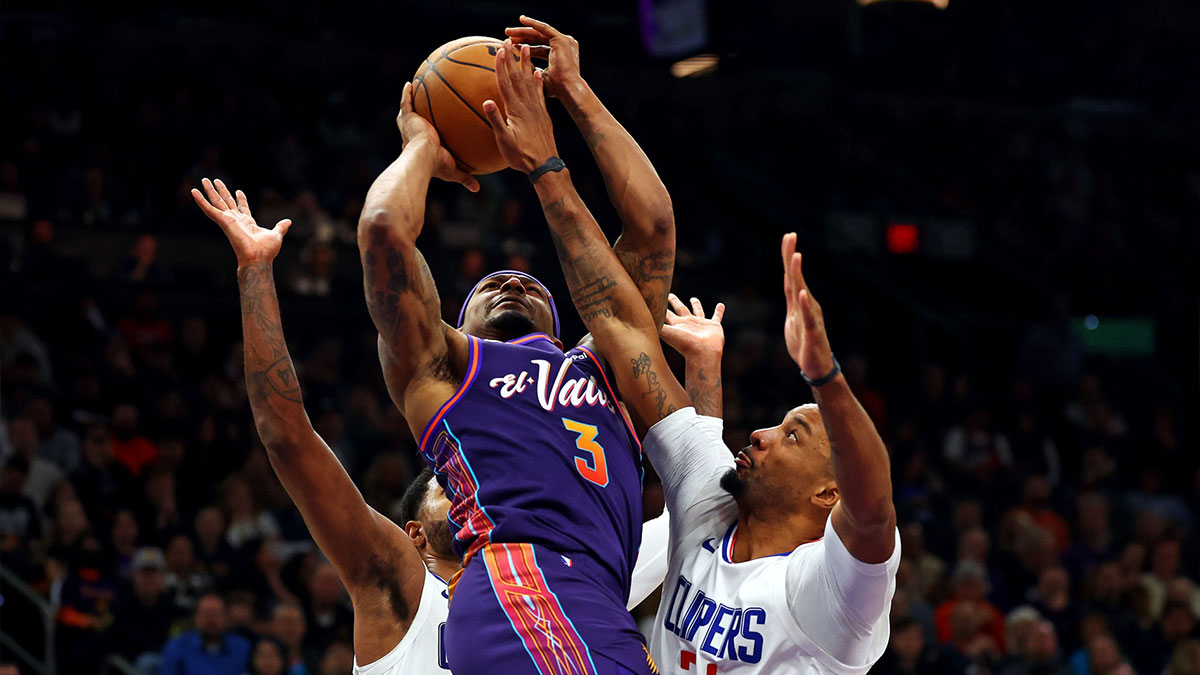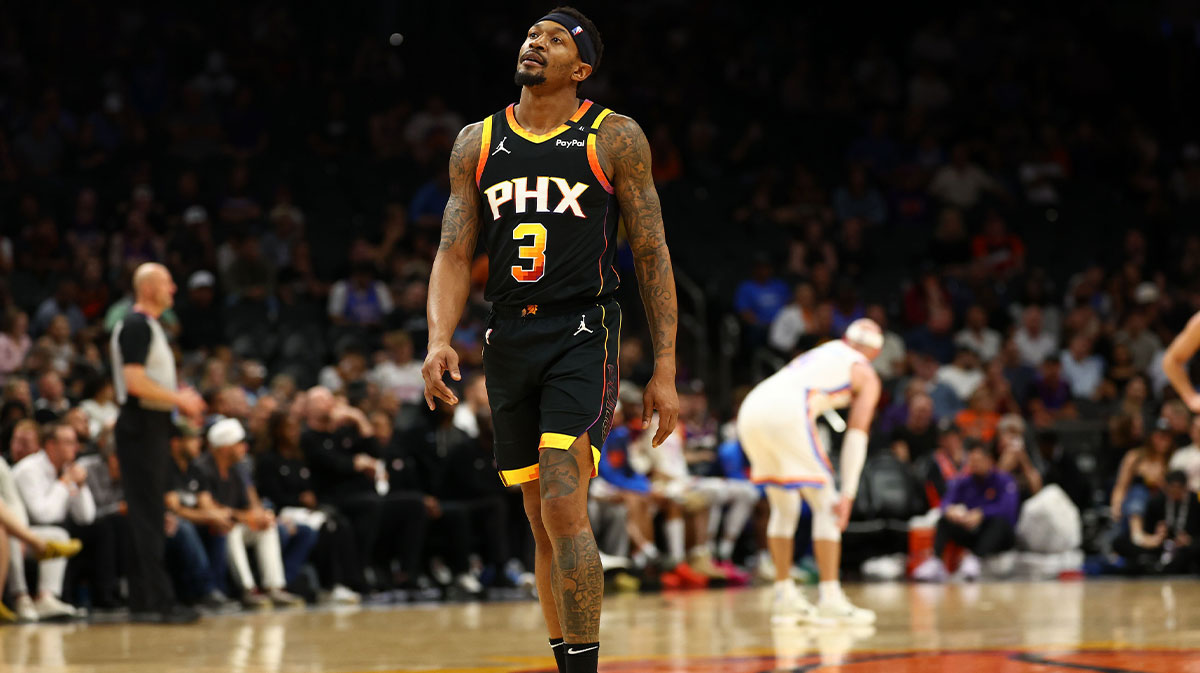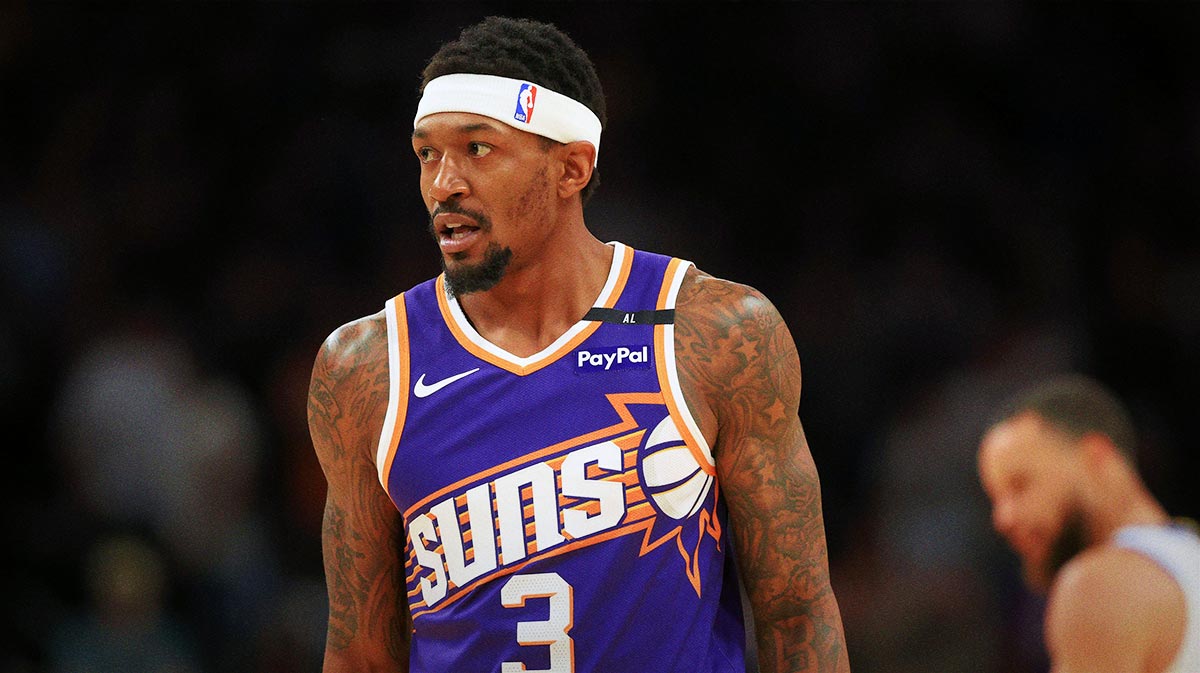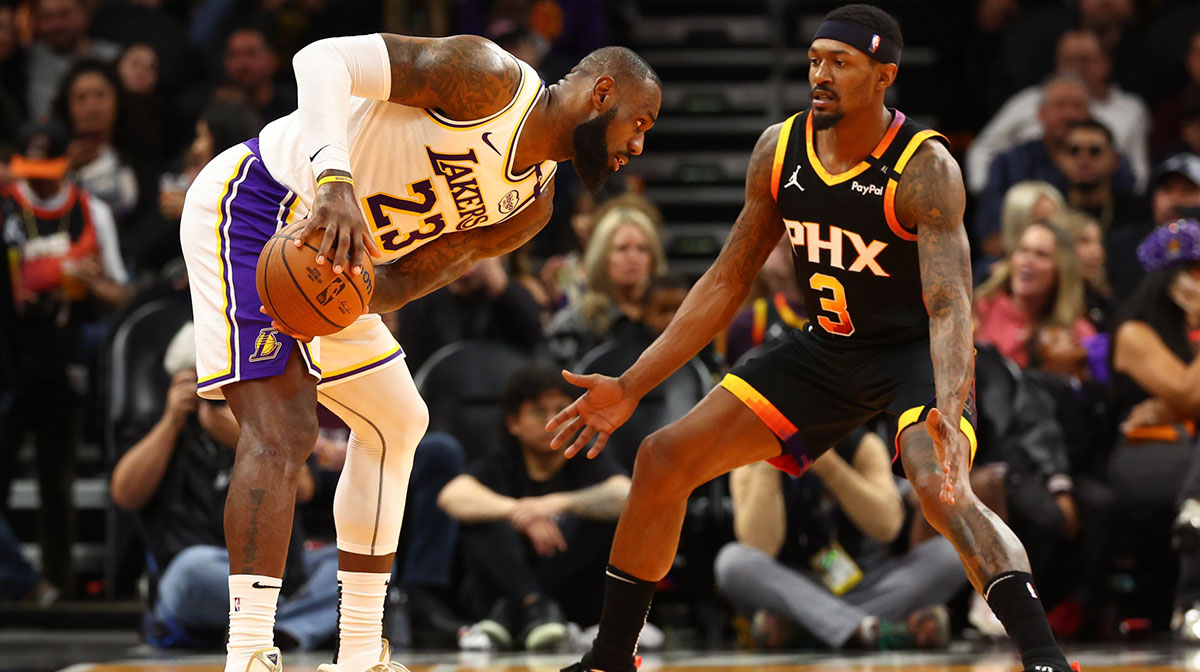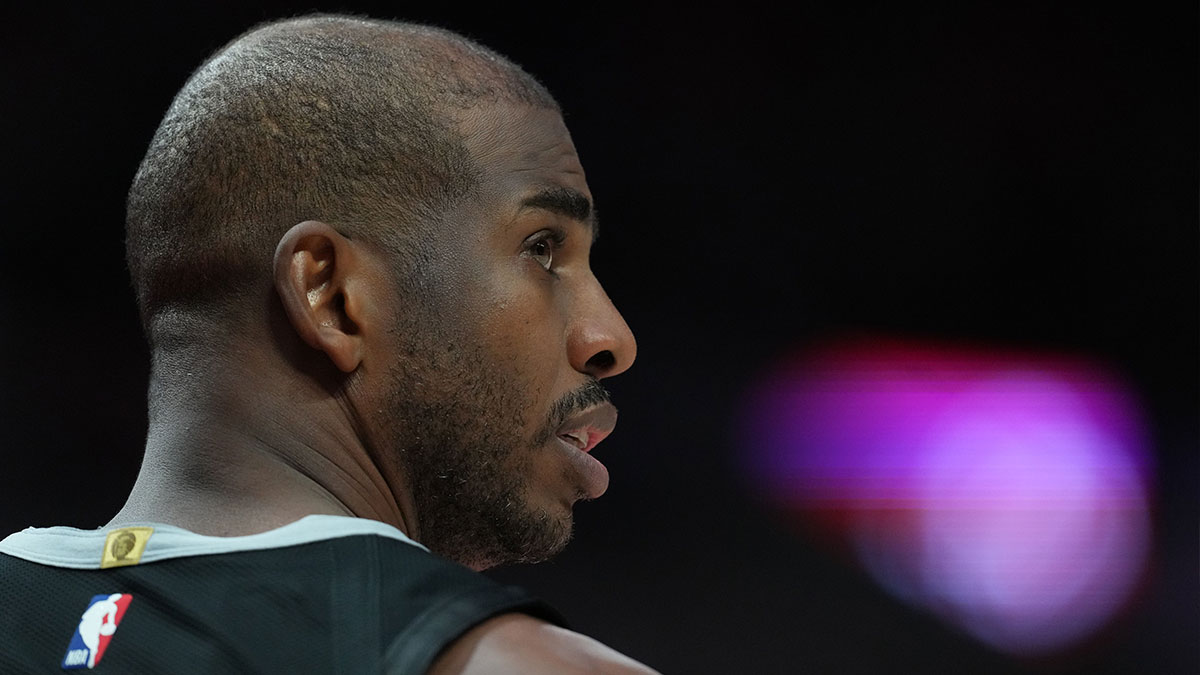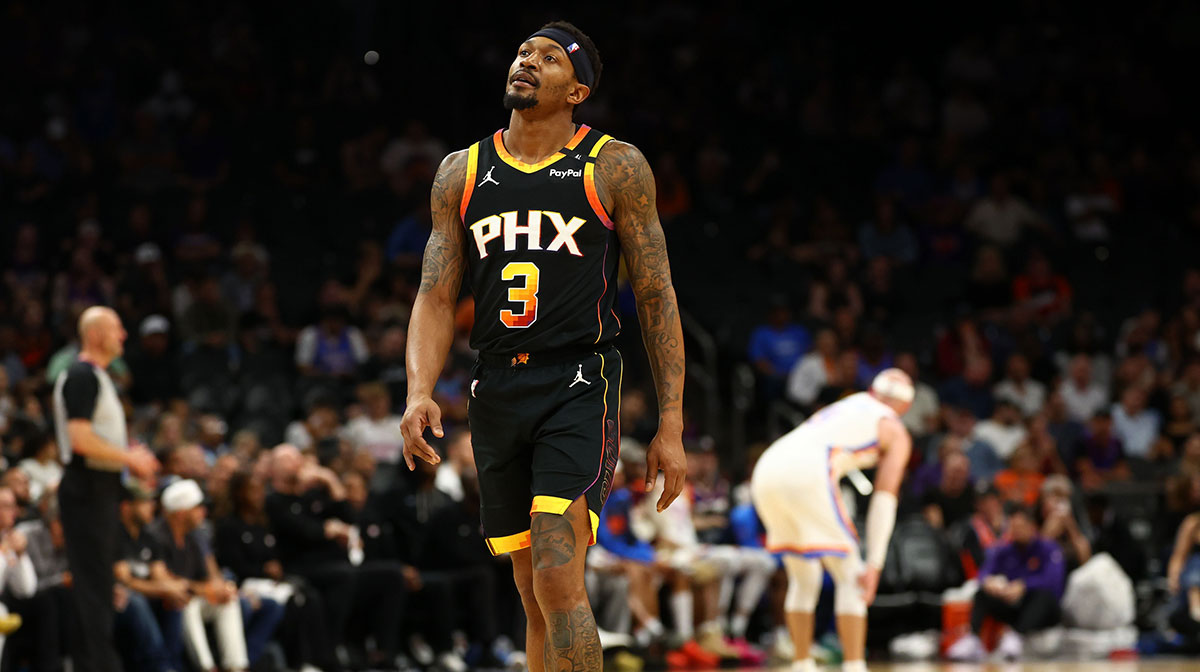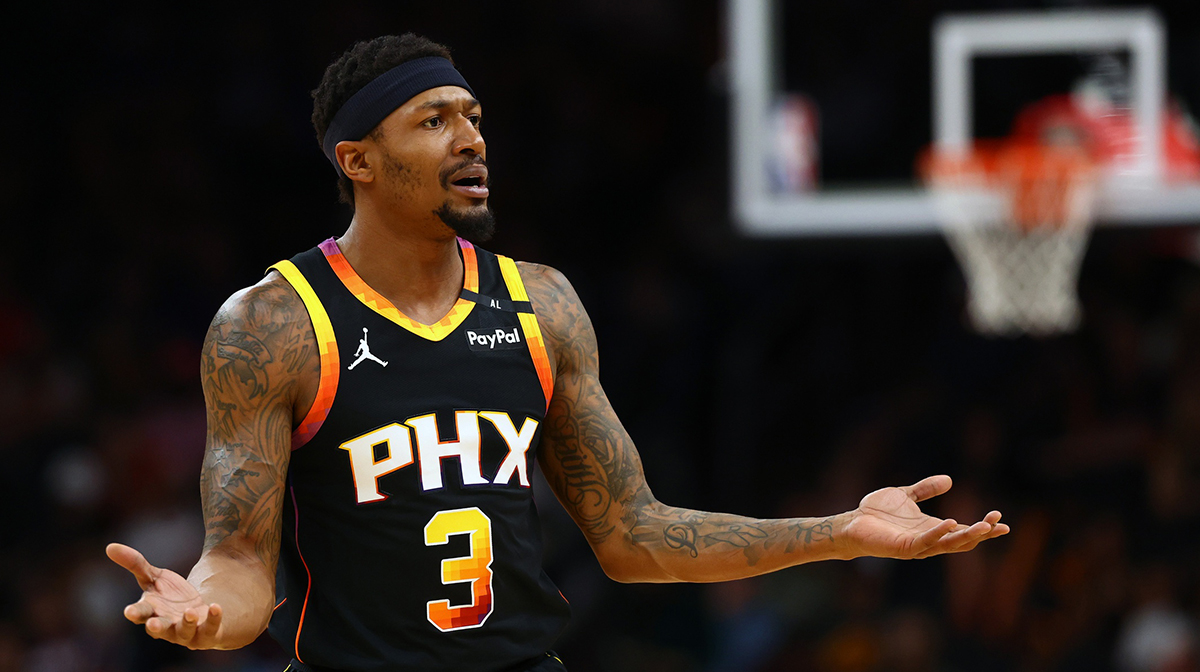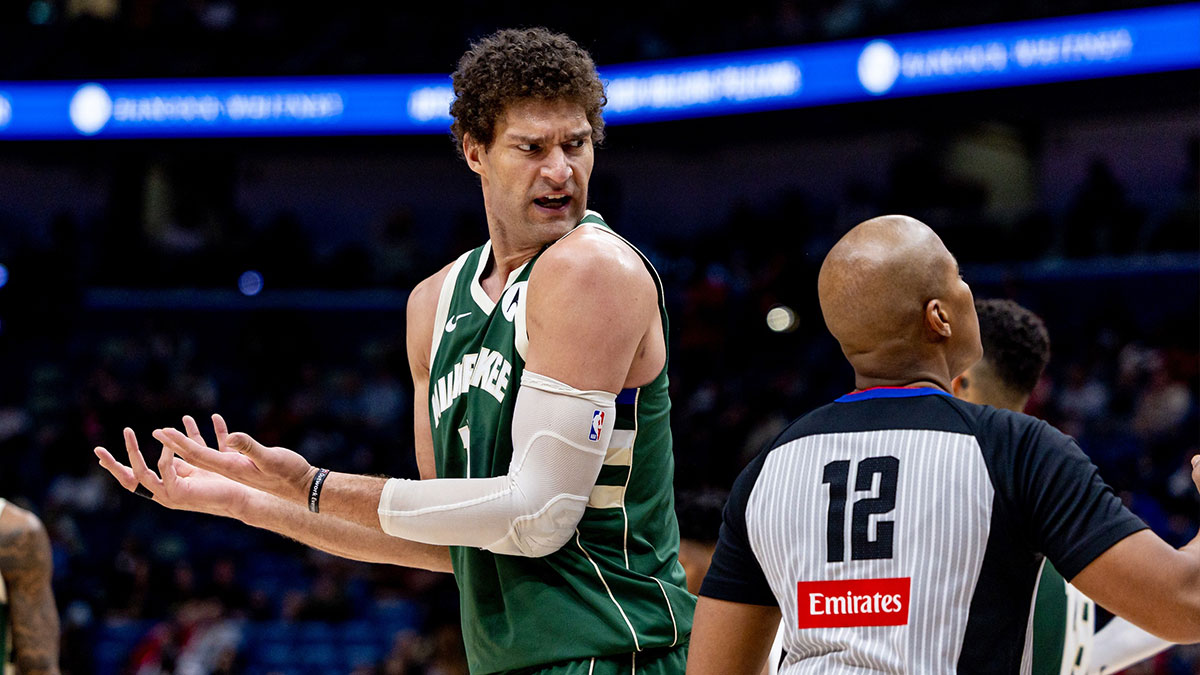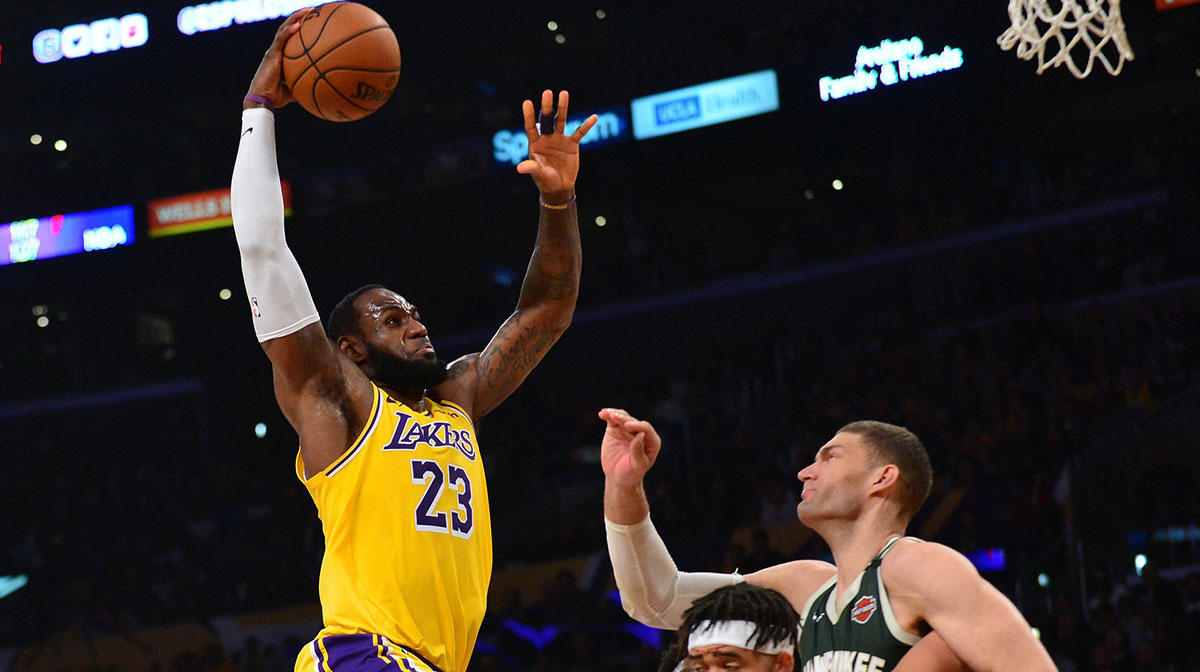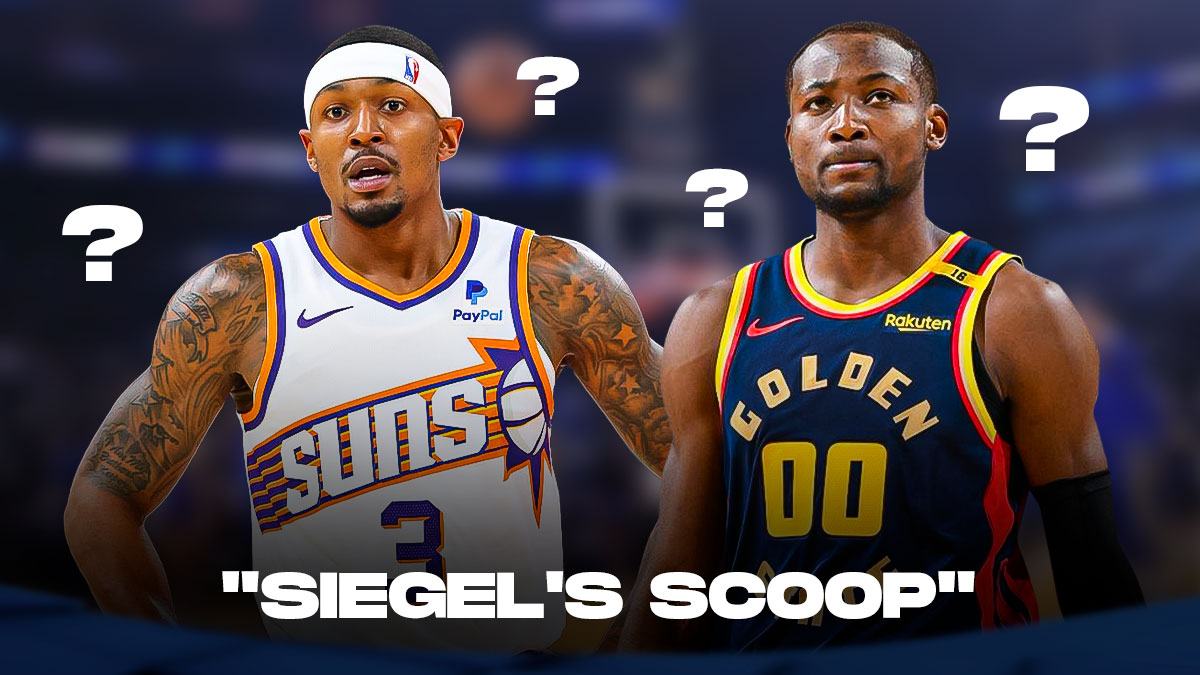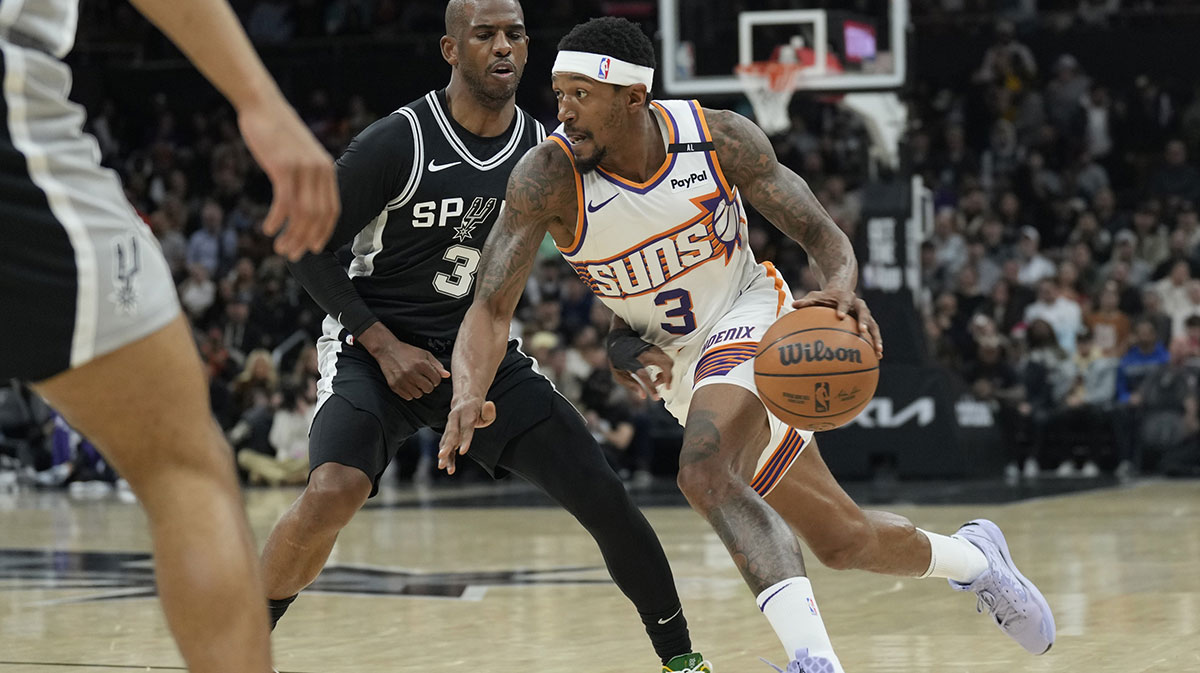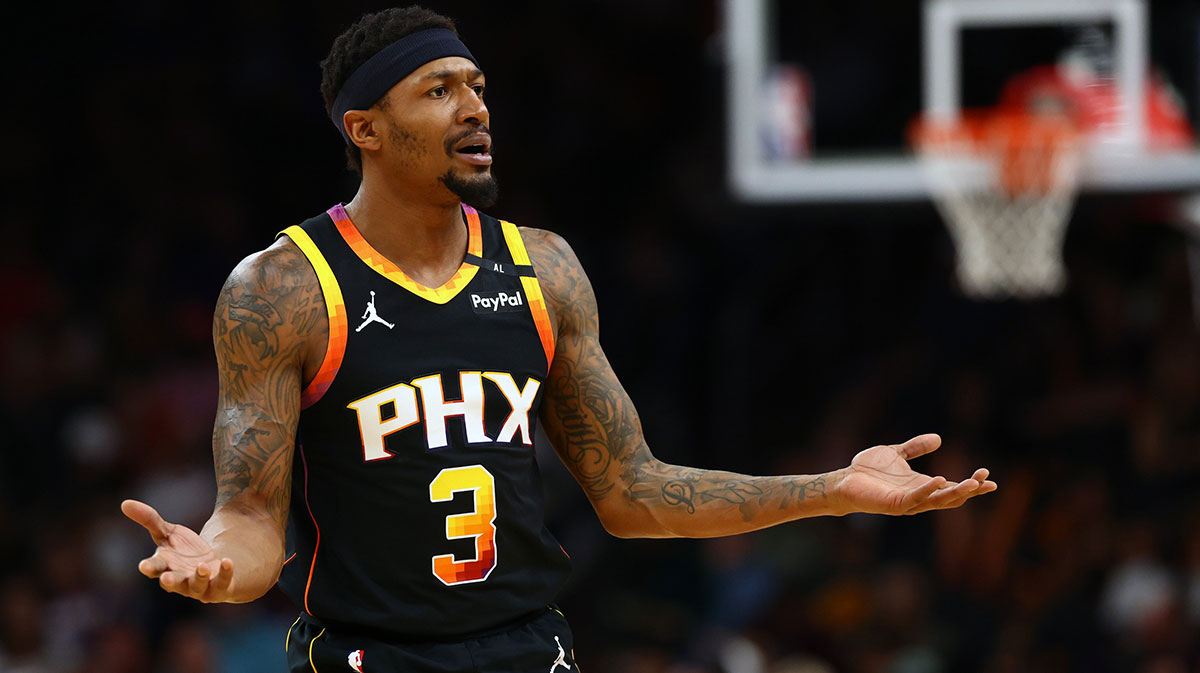The 2019-20 Los Angeles Clippers are one of the best teams in the NBA and are on the short-list of legitimate title contenders this season. With their superstar duo of Kawhi Leonard and Paul George along with a championship-caliber core of Lou Williams, Patrick Beverley, and Montrezl Harrell, this is arguably the best team the Clippers have assembled in its 50-year history as a franchise.
However, for the most part of its existence, the Clippers have found themselves near the bottom of the league standings. They've more often competed for playoff spots, much less championships, as opposed to their Los Angeles counterparts in the 16-time champion Lakers. For a Hollywood-based franchise that has lacked star power for the majority of its run, the Clippers still featured some bright names at some points. Here are the best power forwards in franchise history.
3. Bob McAdoo
Bob McAdoo actually never wore a jersey with the word “Clippers” on his chest. However, he did technically play for the franchise. For some historical context, the Clippers initially debuted as an expansion team in 1970 in a different city with a completely different moniker, the Buffalo Braves. However, in 1978, the franchise relocated to San Diego and became the Clippers, and then to Los Angeles in 1984.
With that clearing up the air, McAdoo certainly deserves a spot on this list. McAdoo started out his career with the franchise after the Braves drafted him with the second overall pick in 1972. The 6-foot-9 power forward immediately made an impact and won the 1972-73 Rookie of the Year award.
By his sophomore campaign, established himself as a legitimate superstar and an won the scoring title by averaging 30.6 points to go along with 15.1 rebounds and 3.3 blocks. McAdoo is the last player to average 30 and 15 through an entire season. McAdoo bumped up his scoring average even further to 34.5 points en route to his second straight scoring title and the 1974-75 MVP award. In his fourth and final full season with the franchise, McAdoo averaged over 30 points for the third straight year and won the scoring title again.
The Hall of Fame forward currently ranks third in points, third in field goals made, and fifth in total rebounds in franchise history. In a little over four seasons with the Braves, McAdoo averaged 28.2 points and 12.3 rebounds, while capturing an MVP plum and three scoring titles in the process. While he did make the playoffs thrice, McAdoo bowed out in the conference semifinals in each of those three postseason runs.
2. Elton Brand
Elton Brand made an immediate impact in Los Angeles in 2002 when the Chicago Bulls dealt them their former top overall pick. In his first season as a Clipper, the Duke standout averaged 18.2 points, 11.6 rebounds, and 2.0 blocks en route to his first All-Star selection.
Brand's tenure with the Clippers almost came to a close after just one lone season after he signed a six-year, $82-million with the Miami Heat as a restricted free agent. However, the Clippers surprisingly matched the offer sheet, easily the largest in franchise history at the time, and Brand remained in L.A.
Brand eventually broke out in the 2005-06 season and led the Clippers to their first playoff appearance in nine years. The 6-foot-8 forward averaged a career-best 24.7 points, 10.0 rebounds, and 2.5 blocks en route to making his second All-Star appearance and the All-NBA Second Team in 2006. That season, the Clips went as far as the second round and took the top-seeded Phoenix Suns to the distance, where they lost a deciding Game 7.
Unfortunately, that season wound up to be Brand's and the Clippers' lone playoff run together. The Clippers regressed the following season and Brand suffered a career-altering ruptured Achilles near the end of the 2006-07 season. This forced him to sit out most of the 2007-08 campaign, which eventually became his final season with L.A.
Throughout his Clippers career, Brand averaged 20.3 points, 10.3 rebounds, and 2.3 blocks in seven seasons. He is also currently the fourth-leading scorer in franchise history and is second in total rebounds and third in blocked shots.
1. Blake Griffin
The Clippers drafted Blake Griffin with the first overall pick in 2009. However, the Oklahoma standout was forced to redshirt his supposed rookie season due to a knee injury. When he finally debuted in the 2010-11 season, Griffin wowed NBA fans with his highlight dunks and impressive play overall. He earned Rookie of the Year honors and even made the All-Star team in his first official NBA season. Griffin averaged 22.5 points, 12.1 rebounds, and 3.8 assists to put together one of the most memorable rookie campaigns in recent memory.
The arrival of Chris Paul in 2011 turned the franchise's fortunes around. Initially starting out as “just a dunker”, Griffin also developed his game and became a well-rounded offensive star player. He became adept with his mid-range (and he's actually a knock-down shooter from three now) and showcased his playmaking skills alongside Paul. With CP3 and Griffin leading the way, the Clippers became championship contenders and made the postseason for six consecutive seasons. However, L.A. experienced playoff heartbreak every year and never made it past the second round.
Nonetheless, despite coming up short of their goal of winning the franchise's first ever title, the CP3-Blake era is arguably the most successful in franchise history thus far. Griffin established himself as a superstar and had his best season in 2013-14. He finished third in MVP voting that year with averages of 24.1 points, 9.5 rebounds, and 3.9 assists.
Unfortunately, injuries clouded some of Griffin's seasons with the Clippers. After CP3's departure in 2017, the Clippers signed Griffin to a five-year max contract, only to trade their star forward midway through the season. Nonetheless, despite Griffin's surprising exit, he remains the greatest power forward to don a Clips uniform. In franchise history, he ranks second in total points, third in rebounds, and fifth in assists.

